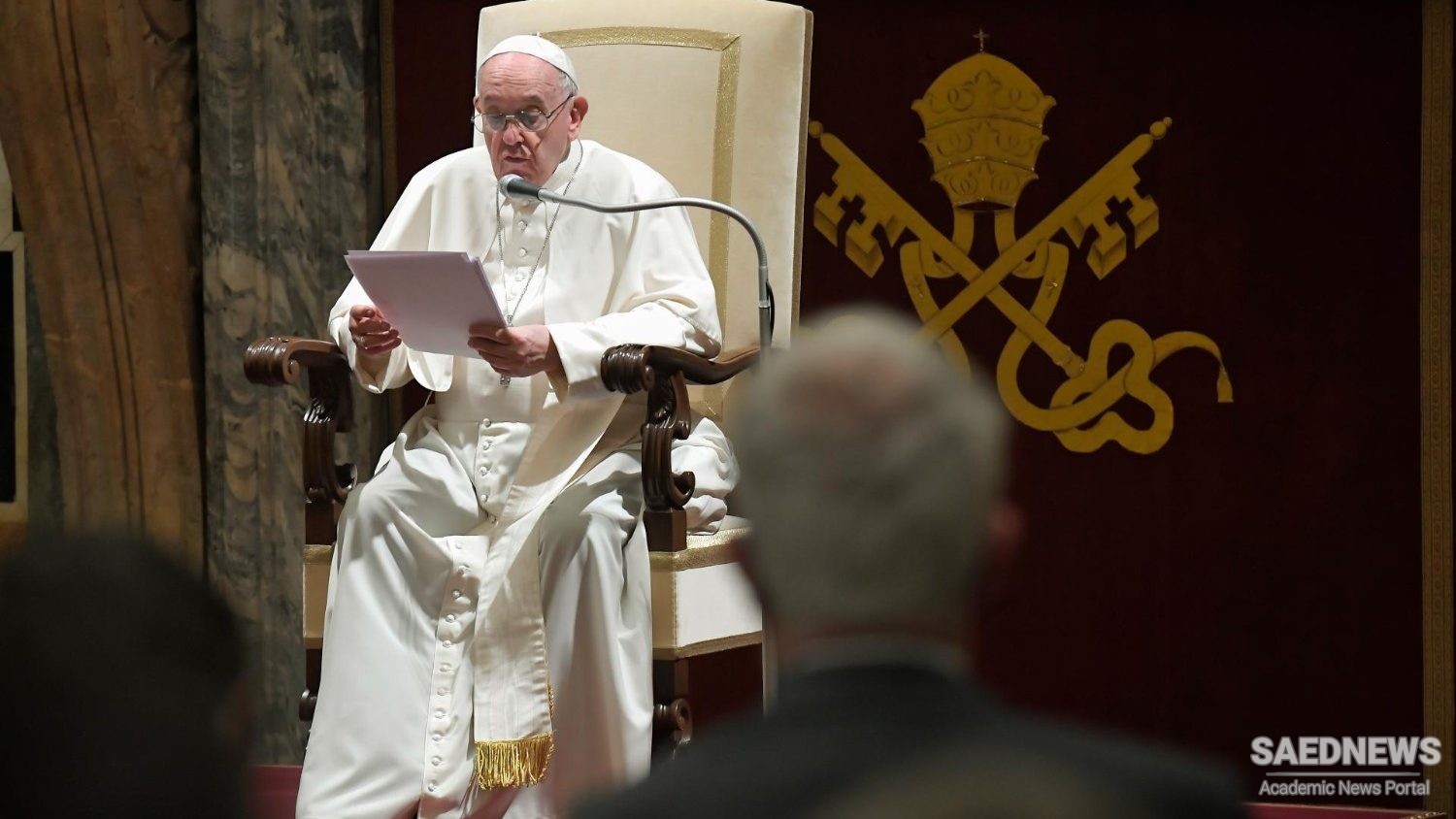They are not a complete system of doctrine but point out differences from Roman Catholicism and Anabaptism and indicate nuanced agreement with Lutheran and Reformed positions. The queen added in Article 20 the statement “The Church hath power to decree Rites and Ceremonies.” Elizabeth’s settlement remains the foundation of Anglicanism. It affirms the status of the canonical scriptures as the final arbiter in all matters of doctrine and as containing all matters necessary to salvation. Traditions of the ancient church and teachings of the early Church Fathers, unless contrary to scripture, are treasured. The dogmatic decisions of the first four ecumenical councils on the Trinity and the Incarnation are accepted. Anglican liturgies regularly use the Apostles’ and Nicene creeds and in some places the Athanasian Creed (Quicunque vult).
Today most Anglicans accept modern methods of literary and historical criticism of the scriptures and other religious documents. Anglicanism has never had a dominant theologian such as Thomas Aquinas, Martin Luther, or John Calvin. The apologetic work of Richard Hooker (1554–1600), Of the Laws of Ecclesiastical Polity, is still influential with its appeal to scripture, church tradition, reason, and experience. Anglican theology tends to be biblical, pastoral, and apologetic rather than dogmatic or confessional.
The Anglican polity is episcopal and preserves the ordained orders of bishops, presbyter-priests, and deacons that go back to apostolic times. There is no official doctrine of episcopacy. Some Anglicans consider it essential; others feel it is needed for the proper ordering or fullness of a truly catholic church. In negotiations for unity or intercommunion with other churches Anglicans insist that an unbroken succession of bishops, together with the other two orders, be maintained.
All Anglican churches are constitutionally governed, with each church having its own canons for executive and legislative authorities. Bishops, the clergy, and the laity participate in all synodical decision making, but a consensus of these orders, voting separately, is necessary for decisions about major doctrinal, liturgical, or canonical matters. Outside England bishops generally are elected by a synod of the diocese in which they will serve, subject to confirmation by other bishops and representative clergy and laity from each diocese.
The Church of England is the only contemporary Anglican church that is state-established. The archbishop of Canterbury has a primacy of honor among all Anglican bishops but has no jurisdiction outside his own diocese and province. The British Crown, after appropriate consultations, nominates the English bishops, who then are elected by their respective cathedral chapters. Parliament retains final control over doctrine and liturgy, but the Synodical Government Measure of 1969 gave the English church the freedom to order its internal life through a general synod of bishops, clergy, and laity.
In addition to the episcopate, Anglicanism is bonded by a common liturgy that is contained in various recensions of The Book of Common Prayer and is based on either the Elizabethan version of 1559 or that of 1549. Use of the prayer book is prescribed in all Anglican churches. With the Bible and a hymnal, it provides everything needed for the churches’ rites and ceremonies. The prayer book has been in continuous use since the sixteenth century except for the years of the English Commonwealth (1645–1660), when it was proscribed for public and private use. It is the only vernacular liturgy of the Reformation period still in use.


 Pope Francis expresses ‘shame’ over French Church sex abuse scandal
Pope Francis expresses ‘shame’ over French Church sex abuse scandal














































